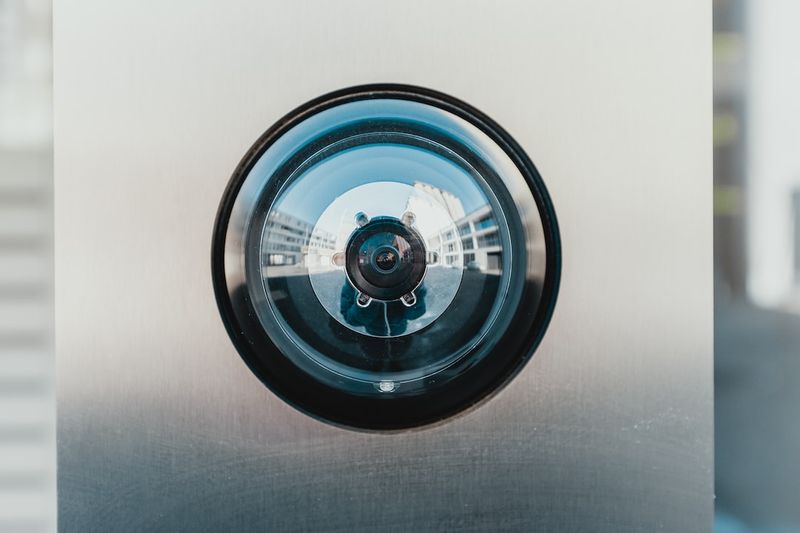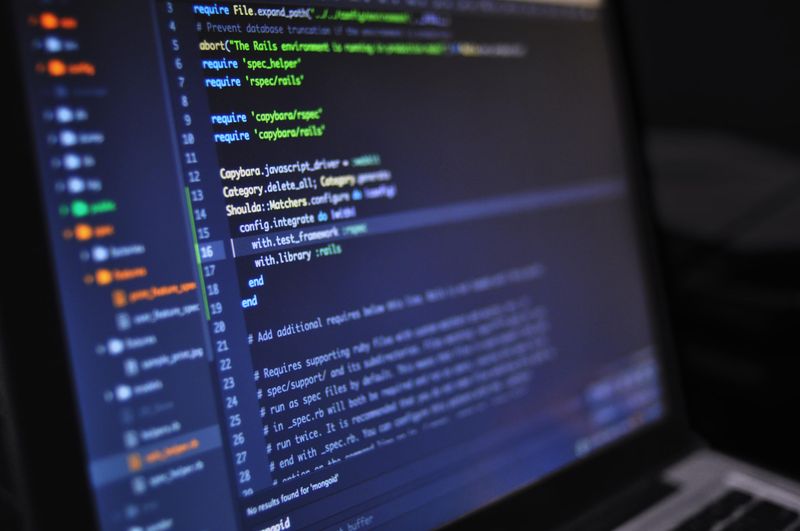<div><h2>The Intersection of Cybersecurity and Climate Change</h2>
<p>In a thought–provoking session at the Black Hat USA conference, Chloé Messdaghi, head of threat research at Protect AI, emphasized the urgent need for the cybersecurity industry to address the impact of climate change. While climate change and extreme weather events have dominated discussions worldwide, cybersecurity has largely remained silent on the subject. However, Messdaghi argues that the infosecurity community can and should play a significant role in tackling climate change and promoting environmental sustainability.</p>
<h3>Recognizing the Relationship</h3>
<p>Messdaghi emphasizes in her session the crucial link between climate change and cybersecurity. As the effects of climate change become more pronounced, they directly impact cybersecurity vulnerabilities. Climate–related disasters, such as floods and extreme heat, can disrupt critical infrastructure, create operational chaos, and open the door for threat actors to exploit vulnerabilities. Acknowledging this relationship is essential for the industry to proactively work towards building a resilient future.</p>
<h3>Addressing the Carbon Footprint</h3>
<p>One area where the cybersecurity industry can make an immediate positive impact is by reducing its carbon footprint. Messdaghi suggests that recycling electronics and donating them to local schools or libraries, instead of sending them to landfills, is a simple yet effective step. Additionally, companies should reassess their marketing materials and giveaways, which often consist of plastic items that contribute to waste. Local sourcing and attention to materials used can significantly improve sustainability efforts.</p>
<h4>Transparency and Authenticity</h4>
<p>Messdaghi stresses the importance of companies avoiding “greenwashing“ – making sustainability claims without genuine action. Sustainability programs should be more than just lip service; companies need to ensure that their environmental, social, and governance practices align with their stated goals. Establishing transparency and authenticity in sustainability efforts is crucial to promote real change.</p>
<h3>The Challenges Ahead</h3>
<p>While addressing the carbon footprint can yield relatively quick results, other challenges require more extensive efforts. Reducing energy consumption related to data centers and cloud infrastructure and adopting greener practices in AI technologies remain complex tasks. Messdaghi points out that the absence of frameworks, regulations, and standards connecting climate change and cybersecurity makes these changes harder to implement. Industry stakeholders should prioritize developing frameworks and regulations to facilitate the integration of green practices.</p>
<h3>Embracing Open Dialogue</h3>
<p>Messdaghi underscores the need for a robust and vocal open dialogue between industry stakeholders on the subject of climate change. Beyond corporate sustainability pledges, she advocates for an in–depth conversation that highlights the risk management aspect associated with climate change. Disasters caused by natural phenomena can disrupt operations and lead to cybersecurity vulnerabilities, which malicious actors can exploit. Removing the topic from the political realm is crucial for the industry to work collectively towards finding sustainable solutions.</p>
<p>Messdaghi expresses her hope that attendees of her session will join her in raising awareness and advocating for change. By speaking up and demanding action, the industry can drive a much–needed conversation and push for meaningful progress. Recognizing that cybersecurity is energy–intensive and has an undeniable impact on the environment should be an opportunity for collective responsibility.</p>
<h2>Advice for the Infosecurity Community</h2>
<p>As the cybersecurity industry grapples with the growing threat of climate change, there are several steps individuals and organizations can take to promote environmental sustainability and resilience:</p>
<ol>
<li>Reduce the carbon footprint: Recycle e–waste, donate unwanted electronics to schools or libraries, and re–evaluate marketing materials to minimize the use of plastic.</li>
<li>Ensure transparency and authenticity: Companies should avoid greenwashing and ensure that their sustainability programs align with their stated goals.</li>
<li>Lobby for standards and regulations: Advocate for the development of frameworks that integrate climate change and cybersecurity, paving the way for greener practices.</li>
<li>Promote open dialogue: Engage in conversations about climate change and its connection to cybersecurity, emphasizing the risk management aspect and the need for collective action.</li>
<li>Advocate for change: Individuals within the industry should become vocal about the urgent need for sustainable practices and drive the conversation forward.</li>
</ol>
<p>The intersection of cybersecurity and climate change presents significant challenges and opportunities. By taking these steps, the infosecurity community can lead by example and contribute positively to building a more resilient and sustainable future.</p></div><div>Security–wordpress,cybersecurity,climatechange,threat,growingthreat,climatechangethreat,cybersecuritythreat,cybersecurityandclimatechange,climatechangeandcybersecurity,cybersecuritychallenges,climatechangechallenges,cybersecurityrisks,climatechangerisks,cybersecuritysolutions,climatechangesolutions,</div> 
<< photo by Bernard Hermant >>
The image is for illustrative purposes only and does not depict the actual situation.
You might want to read !
- Western Digital and Synology NAS Vulnerabilities: Millions of Users’ Files Exposed
- Sweet Security’s Groundbreaking Cloud Runtime Management Takes Cybersecurity to New Heights
- The Critical Impact of AppSec Maturity on Business Prospects: Insights from Checkmarx CISO Study
- Microsoft’s August Update: Battling 74 New Vulnerabilities




